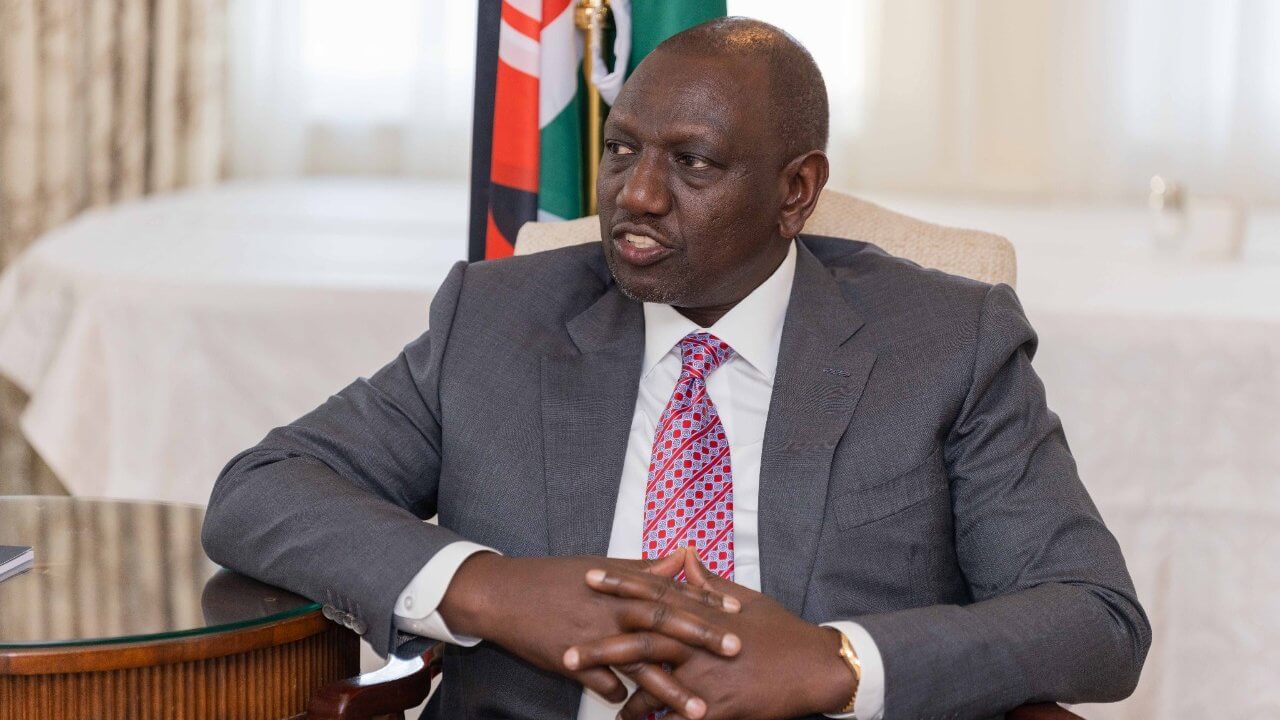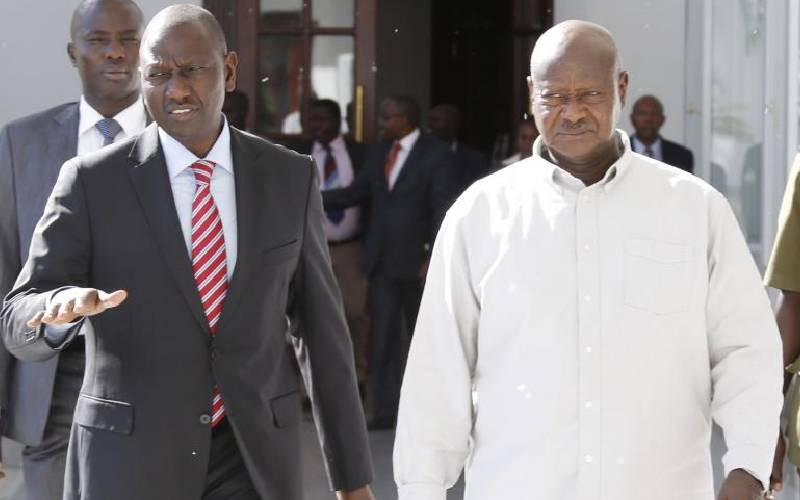High-value agricultural products are increasingly vulnerable to money laundering, leading to a loss of crucial tax revenue, according to a recent study by Global Financial Integrity, Fedesarrollo, Transparency International Kenya, and ACODE. This type of money laundering, known as trade-based money laundering (TBML), involves disguising proceeds of crime through trade to legitimize illegal origins, as defined by the Financial Action Task Force (FATF).
The study identifies coffee, ranked third globally by the Uganda Coffee Development Authority (UCDA), as highly susceptible to TBML due to its high value. Although gold has surpassed coffee as Uganda’s leading export, coffee exports continue to grow, reaching 6.26 million 60kg bags valued at $862.28 million in the 12 months ending December 2022, indicating a 3 percent growth.
The Uganda Revenue Authority (URA) intelligence and investigations department highlight the growth in the coffee export industry as an opportunity for money launderers, who employ various TBML techniques. However, the UCDA and the Financial Intelligence Authority (FIA) seem less aware of this reality.
Cross-border transactions are cited by URA investigations as the cause of TBML prevalence in Uganda’s coffee industry. Techniques such as trade mis-invoicing, over or under-shipment, multiple invoicing, and false goods descriptions contribute to the illicit movement of value in an attempt to legitimize the proceeds’ illegal origin.
According to URA, coffee’s high sums of money involved and its “ready market” status make it an ideal commodity for money launderers. The study emphasizes that trade mis-invoicing is a prevalent method used to launder money, with a significant risk associated with coffee as a high-value cash crop.
The study further reveals that a small number of exporters, around 75 percent, export cash crops to countries like Italy, Germany, Sudan, India, and Morocco. Discrepancies in official trade records make Uganda’s coffee highly vulnerable to TBML.
In the context of TBML schemes in Uganda, over-invoicing involves exporting goods, like coffee, above the market price, allowing illegal funds to be received from foreign buyers. On the other hand, under-invoicing occurs when exported products are invoiced below the actual market price, enabling excess illegal funds to be transferred abroad.
Approximately 18 percent of coffee exports from Uganda between 2006 and 2015 were under-invoiced, resulting in a loss of $3.2 million. The Uganda Revenue Authority is prioritizing measures to address illicit financial flows, including the installation of scanners at border points and cross-border currency declarations to monitor financial flows.




















